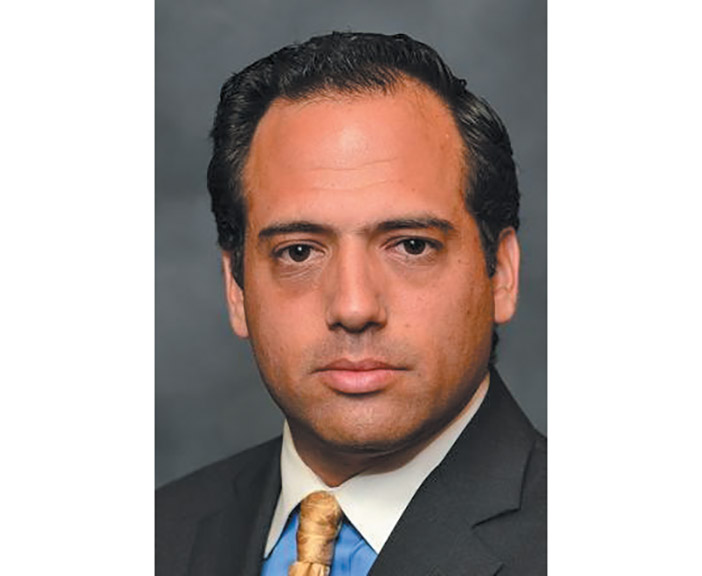
At the later stages of his life, Ernest Hemingway published a collection of writings that he entitled “Winner Take Nothing.” The name came to him according, to his biographers, as a philosophical perspective on the many wars in which he involved himself, particularly World War I, and his reflections on how after all that was sacrificed, so little was gained by the victors.
As we now have all seen copies of the hard-fought settlement in the Mahwah eruv controversy and have witnessed other anti-Semitic ordinances reversed, it perhaps is time for reflecting on what we have actually achieved.
Yes, the eruv, the originating issue of these Northern New Jersey controversies, will remain standing as is, perhaps with a bit of brown paint to better blend with the color of the utility poles on which the lechis are attached. They will not be moved, and nobody will be fined for supposedly violating a suddenly sacred yet still inapplicable sign regulation.
The series of discriminatory ordinances to prohibit the neighboring Jewish community from using Mahwah’s parks and public places have all been reversed without contingencies.
Governor Murphy, members of Congress and many local and community officials stood up on behalf of the Jewish community and joined in solidarity against the attempts at exclusionary and discriminatory behaviors, and the attorney general filed suit to make abundantly clear that such attempts to use the law to discriminate against our community will not be tolerated in the Garden State.
However, The Simon Wiesenthal Center, myself and my committed band of brothers who have been attending, monitoring and testifying at each of the Mahwah Council meetings, do not view this as a total “victory”—far from it.
What we have not won over is the hearts and minds of those who initiated the actions now successfully reversed. What can be seen in the council minutes is that the reversals are being presented to the residents who clearly wanted these people to fight on, that in the face of massive litigation costs and the weight of the attorney general’s investigatory powers, they simply had no choice but to stand down.
What we saw at these meetings is many citizens still urging the council to soldier on even at the threat of higher taxes, reduction of city services and all other township priorities. What we see is that the “keyboard warriors” as they have been so dubbed, continue to fill their social media platforms with vitriol and negativity about the Jewish world that have to baffle the average outside civilized observer.
Our victory can only be complete if we return to Mahwah and find a way to build bridges of understanding, harmony and tolerance. If we don’t, rest assured, the anti-Semitic rhetoric and feelings will likely continue and escalate.
The mayor of Mahwah has also recognized the need to come together and requested that the Simon Wiesenthal Center help convene a meeting aimed at taking the first step of healing. It is a first step but a big first step.
Let us not allow the concept of “winner take nothing” to be our future, and allow for hate to fester long term regardless of legal victories. Let us work together to make sure that we understand what full success in this ordeal is and that we still have quite a way to go in achieving it. Let us stay in Mahwah and demonstrate to the residents what the Jewish world is truly about; let us show through our deeds the misguided nature of their current perceptions and that working cooperatively and collectively is still a priority simply because it is the right thing to do and it is what we as Jews do.
By Michael Cohen
Michael Cohen is the eastern director for the Simon Wiesenthal Center.










